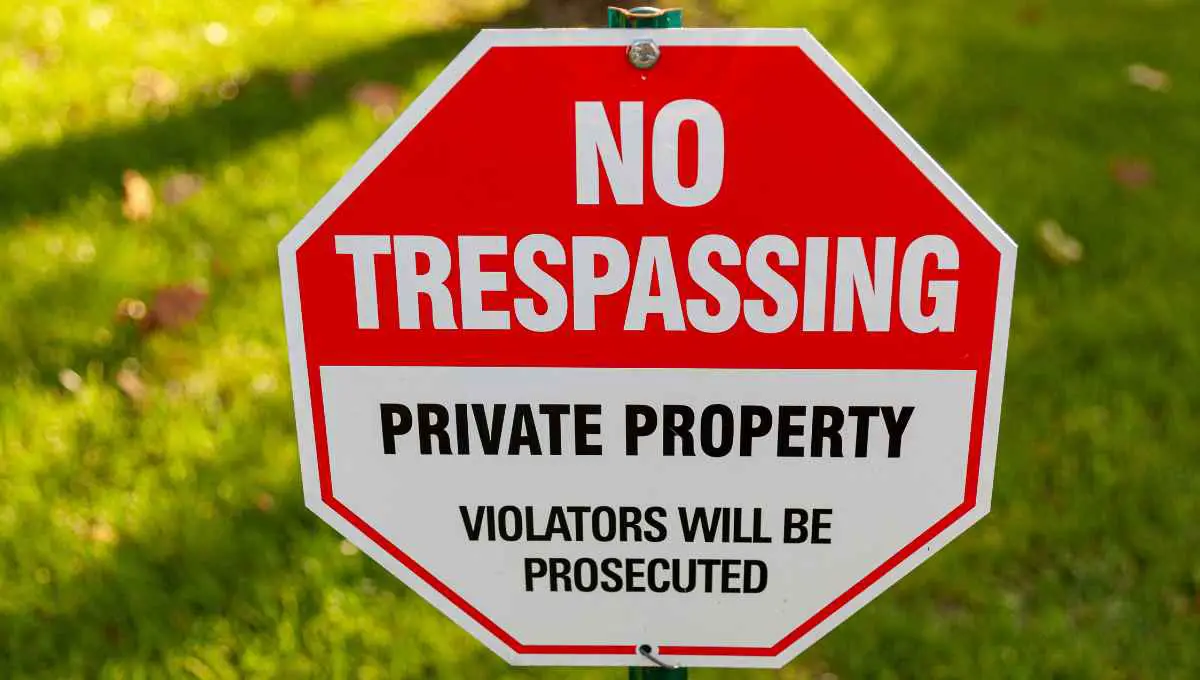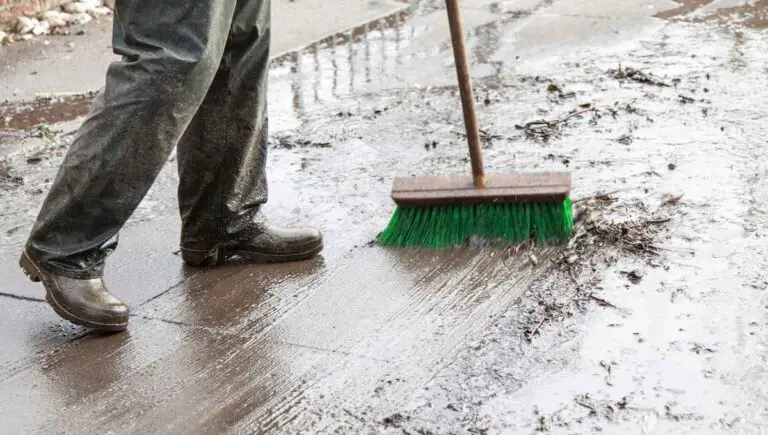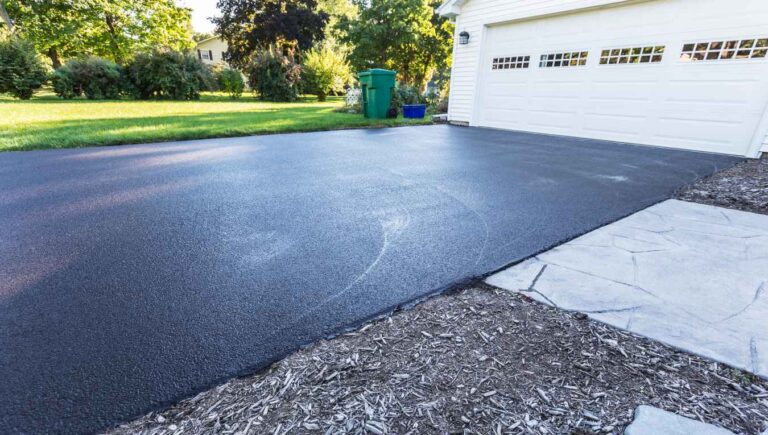Can a Driveway Easement Be Revoked? (What to Check For)

Driveway easements are a common aspect of property ownership, allowing individuals or entities access to a portion of someone else’s property to use as a driveway. However, can these easements be easily revoked?
A driveway easement can be revoked easily if both parties agree to it. However, if only one party agrees to it, it will be a lot harder. Easements are legally binding contracts, and they would need to be terminated by a lawyer.
Easements are more common than you might think and be aware of, so anything is possible. We did the research, so you don’t have to. In this article, we outline a brief overview of an easement and the best way to terminate it.
This post contains affiliate links from Amazon and other stores. This means Yard Blogger may earn a commission if you make a purchase using any of our links. Please refer to our full affiliate disclosure policy for full details.
Here’s a Quick Pro Tip!
Privacy on your own property is not always a given if you live near a busy road, even in rural areas. Some people might drive across your property without an easement. Here are some signs that you could erect (on your property) to discourage trespassers.
Products from Amazon to keep trespassers off your property
1. No Trespassing Sign (classic red) – could be attached to your fence or next to your driveway
2. No Trespassing Sign (rustic) – a more rustic sign that would fit in more with the property
3. No Turn Arounds– perfect if people tend to use your driveway as a turn-around spot
A Brief Overview of Easements
An easement is a legal document/agreement between a property owner and another party (person, company, or government). The document gives the other party the right to use the property owner’s real estate for a specific reason.
The most common easements seen in the US are:
- Utility easements
- Easements by necessity (driveway easements usually fall in this category)
- Private easements
Breakdown of an Easement
An easement is also known as a ‘nonpossessory’ property interest, which only means that the party who holds an easement has the right to use a property they do not own. However, an easement does not allow the party to live on the property, only to use it for a specific use.
An easement (if obtained through the proper channels) is legally binding and is often passed down with the deed to new property owners. The agreement holds each party responsible for following the conditions set out in the easement.
Right to an Easement
Easements can be given to almost any party, government, company, or a private person. If the circumstances support a right to an easement, you could probably get one. If you need to use your neighbor’s driveway to access your property, you have the right to an easement.
Who Can Terminate an Easement
An easement can only be terminated by the easement holder – meaning the person who needs the easement to use a property for a specific person. For example, if I have an easement to use the driveway on your property, you will not be able to terminate the easement and block off my access to my house.
The property owner can ‘abandon’ the easement if they can prove that the other party has failed to act on the easement. This sounds easier than it really is, and it’s quite difficult for an easement to be terminated by the property owner.
You might also enjoy our post on Whether a Utility Company May Block Your Driveway
Best Ways to Terminate an Easement
If you purchase a property and receive an unwanted easement with the deed, you can file a civil lawsuit to have the easement terminated. It might not be an easy process, depending on what type of easement it is. The court can terminate the easement if it’s deemed unnecessary.
Release
This is one of the best and easiest ways to terminate an easement. The owner of the dominant property and the other party mutually agree to terminate the easement. If you no longer need to use your neighbor’s driveway to access your own property, you could mutually agree to release the easement.
Merger
If one party takes ownership of both properties in the easement, the document can be terminated. It would no longer be needed.
End of Necessity
An easement of necessity is created when there is no doubt that a party needs access to the property for a specific purpose.
Terminating a Right of Way Easement
Terminating a right-of-way easement might not be as easy as you think. These easements are also known as appurtenant easements – meaning two properties are tied together.
If your neighbor has to drive over your property to get to theirs, they probably have a right-of-way easement. It would be challenging to terminate this kind of easement since there is no other way for your neighbor to reach their property.
However, if there is another way to enter their property that does not overlap with yours, you can contact a civil lawyer to look at the case. A lawyer would be able to tell you straight if you could get the easement terminated or not.
You should have a conversation with your neighbor and come to a mutual agreement to terminate the easement, or you could file a civil lawsuit and take your neighbor to court. A judge will decide if the easement can be terminated or not.
You might also enjoy our post on How to Remove an Easement From Your Property The Right Way
Final Thoughts
Under ideal circumstances, a driveway easement can be revoked. However, this will not be easy to do, and if you are the owner of the property being accessed, you would need a sufficient reason to terminate the easement.








